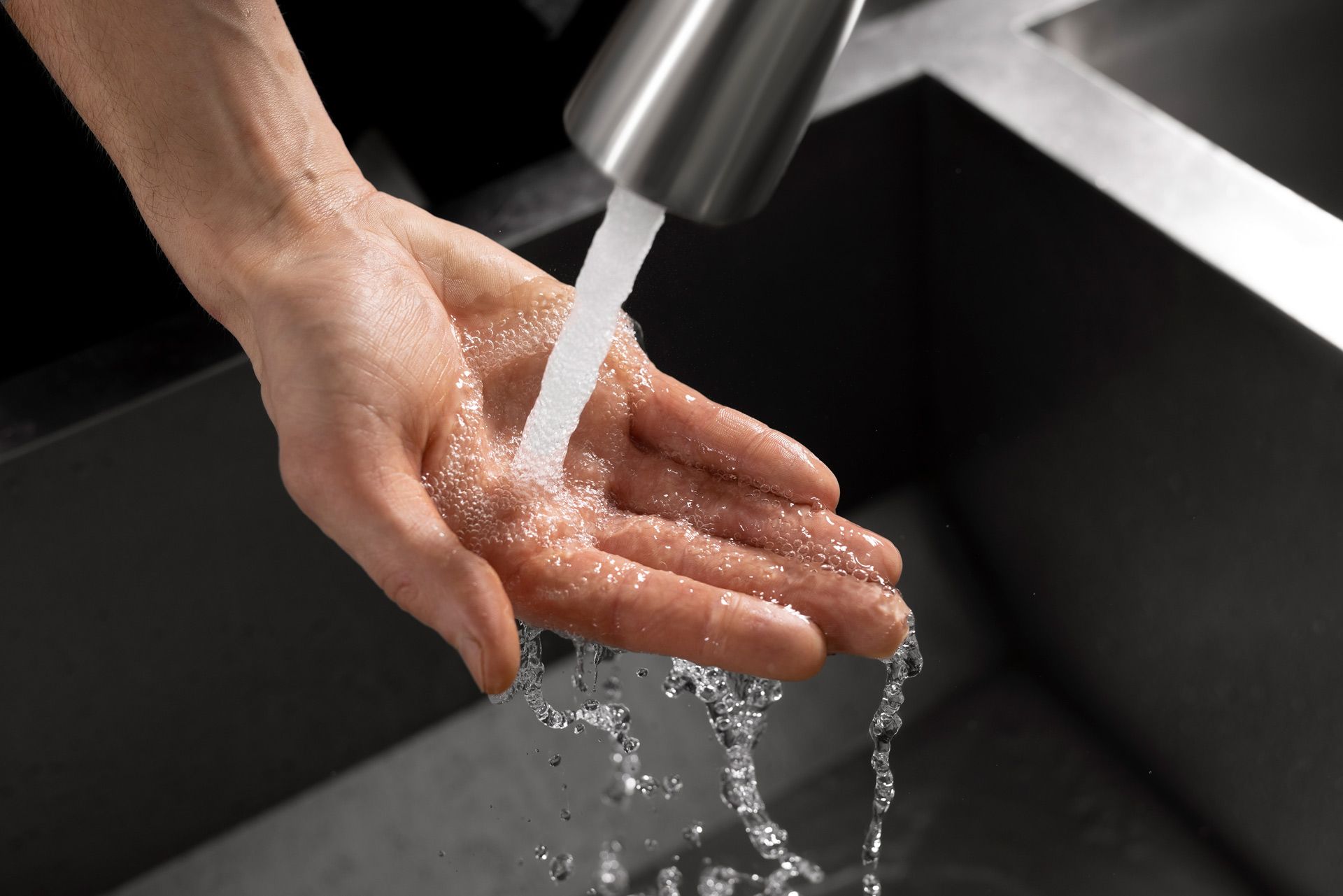Lead, Nitrates, and Other Heavy Metals: What Central Indiana Homeowners Should Test For
November 2, 2025
Introduction
You pour a glass of water from the tap and assume it’s safe — after all, it’s clear and tastes fine. But many contaminants that threaten water quality are invisible and tasteless.
For homeowners across Central Indiana, lead, nitrates, and heavy metals are among the most concerning contaminants. These pollutants can affect your health, your family’s safety, and even your plumbing system.
This article explores what these contaminants are, why testing matters, and what steps Central Indiana homeowners should take to ensure their water is safe.
Understanding Lead, Nitrates, and Heavy Metals in Water
Before testing, it’s important to understand where these contaminants come from and why they’re a concern.
Lead in Water
- Source: Usually enters water through lead pipes, service lines, or solder in older homes.
- Risks: Especially harmful to children, causing developmental delays and behavioral issues. No safe level of lead is considered acceptable.
Nitrates in Water
- Source: Often come from agricultural runoff, fertilizers, septic systems, or animal waste leaching into groundwater.
- Risks: High levels can cause “blue baby syndrome” in infants and may impact adult health when consumed over time.
Other Heavy Metals
- Copper: Can leach from plumbing; in excess may cause gastrointestinal issues.
- Arsenic: Found naturally in groundwater in some areas; associated with long-term health effects.
- Chromium-6: Industrial contaminant linked to cancer risks in prolonged exposure.
Why Water Testing Is Critical in Central Indiana
Even if your home is connected to city water, contaminants can still enter through aging pipes or local infrastructure. Rural homes with wells face even higher risk since private wells are not regulated by municipal standards.
Testing helps you:
- Detect invisible contaminants before they harm health
- Choose the right filtration system (different contaminants require different solutions)
- Monitor your water after plumbing updates or local construction
- Gain peace of mind knowing your water is safe for drinking and cooking
Step-by-Step Guide to Water Testing and Treatment
Here’s a simple process for Central Indiana homeowners to follow.
- Schedule a Professional Water Test
Request a comprehensive test that checks for lead, nitrates, heavy metals, hardness, and other potential contaminants. - Review Your Results Carefully
Look for levels above EPA or state-recommended limits. Even low levels of lead may be cause for concern. - Choose an Appropriate Solution
- Lead: Point-of-entry filters with certified lead removal media, or reverse osmosis for drinking water.
- Nitrates: Specialized nitrate removal filters or reverse osmosis systems.
- Arsenic and Chromium: Advanced filtration like adsorption media or RO.
- Install and Maintain Your System
Ensure professional installation and follow maintenance schedules to keep filters effective. - Retest Regularly
Test annually or after major plumbing work, flooding, or local infrastructure changes.
Frequently Asked Questions
Is lead still a problem if my house is newer?
Homes built after 1986 are less likely to have lead pipes, but lead can still be present in solder, fixtures, or municipal lines.
Can boiling water remove lead or nitrates?
No. Boiling does not remove these contaminants and can actually concentrate nitrates.
How often should I test my water?
At least once a year for private wells, and every few years for city water, or whenever you notice changes in taste, odor, or clarity.
Are home water test kits accurate?
They can be helpful for initial screening, but lab testing provides more accurate and detailed results.
What is the fastest way to remove lead from drinking water?
Certified point-of-use filters or reverse osmosis systems can reduce lead levels immediately once installed.
Conclusion
Lead, nitrates, and other heavy metals are silent threats to water quality in Central Indiana homes. The only way to know for sure what’s in your water is to test it — and the right solution can be tailored to your specific results.
By investing in water testing and the appropriate filtration or treatment system, you protect your family’s health, extend the life of your plumbing, and enjoy greater peace of mind every time you turn on the tap.











